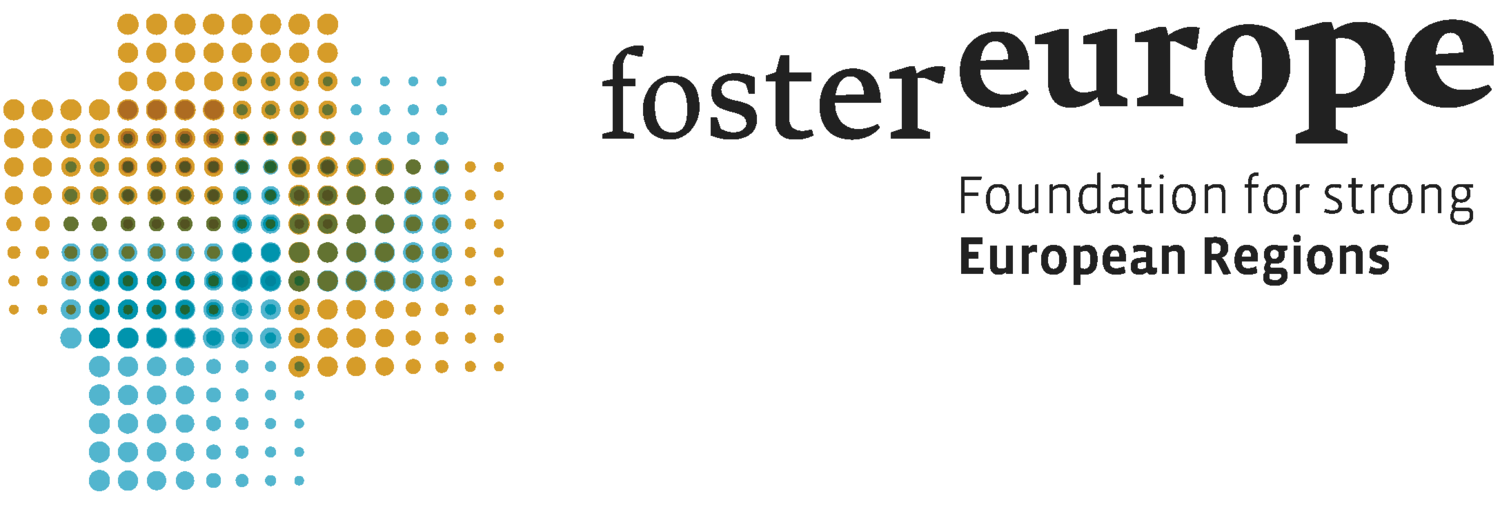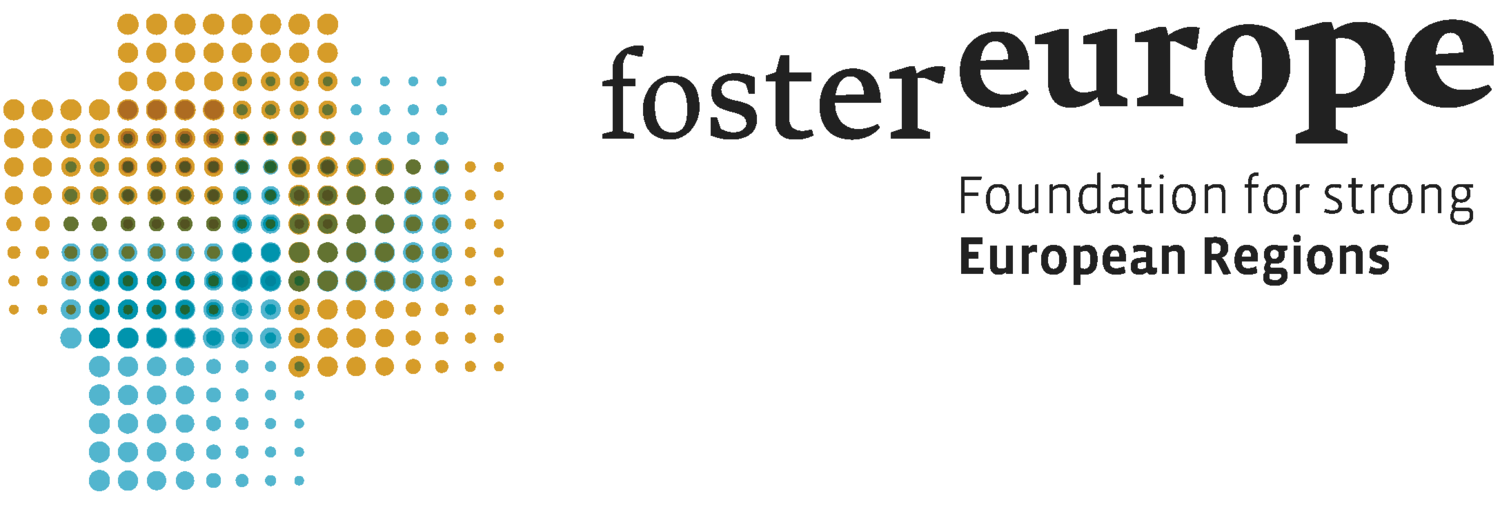UPDATE:
Democracy in Europe, especially the representative democracy, is said to be in crisis. Since February 24. Democracy is under belligerent attack. Before this background experts on deliberative democracy discussed how frame deliberative democratic practices to renew, advance and develop democracy to a higher quality of processes and results, and acceptance among citizens.
Along the lines of four frequent fallacies in dealing with deliberative democratic practices Yanina Welp, Geneva Graduate Institute of International and democratic Studies, Geneva, Elena García Guitián, Autonomous University Madrid, Jón Ólafsson, University of Iceland, and Peter Stone, Trinity College Dublin discussed potentials and limits of deliberative democratic practices against the background of case studies from Iceland, Ireland, Chile, France, and other countries.
Lukas Hammer, MEP, Austria, opened the debate with a keynote on the Climate Council in Austria.
The event was co-organised by Foster Europe Foundation and the EU-funded COST Action “Constitution-making and deliberative democracy
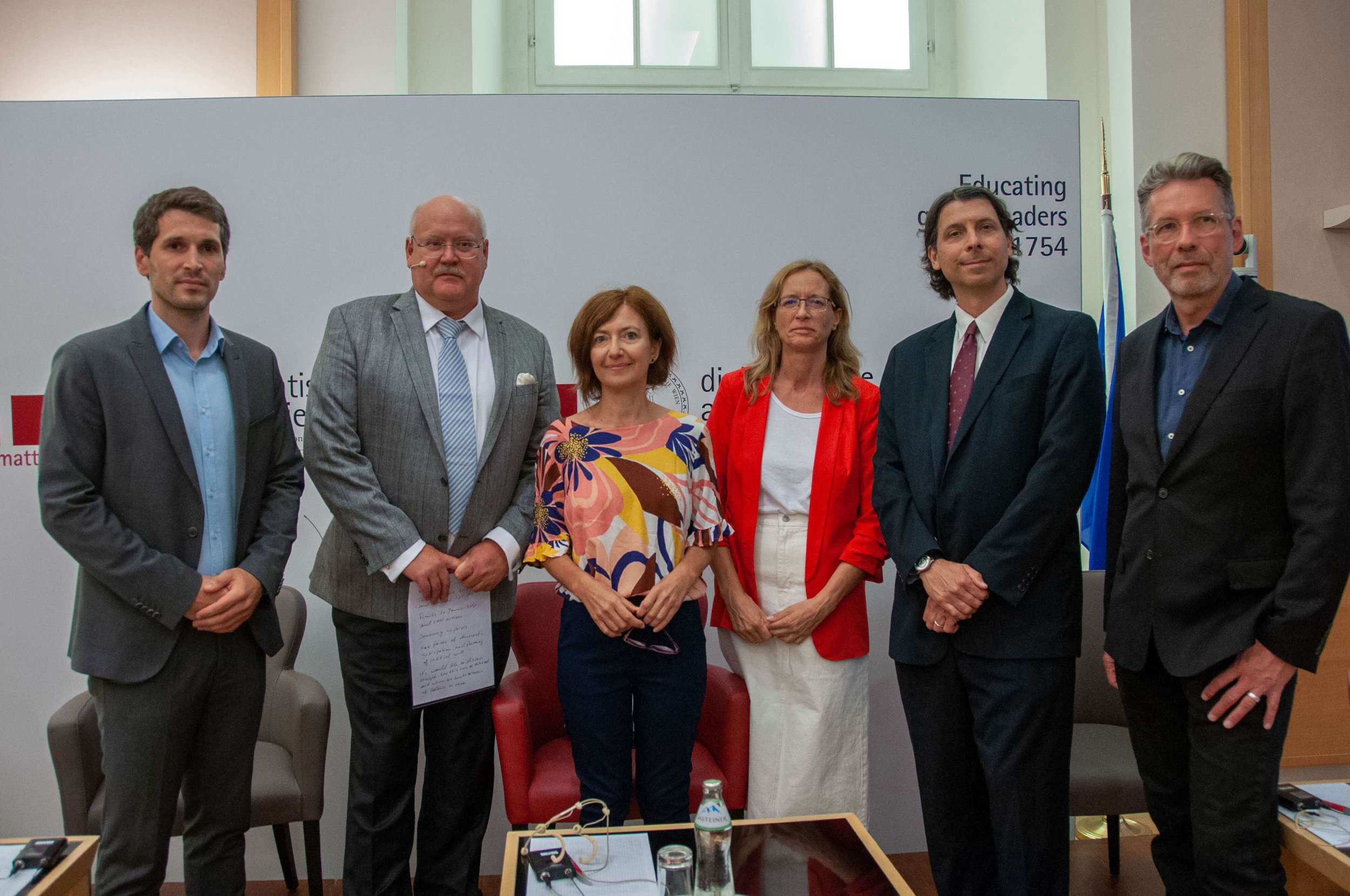
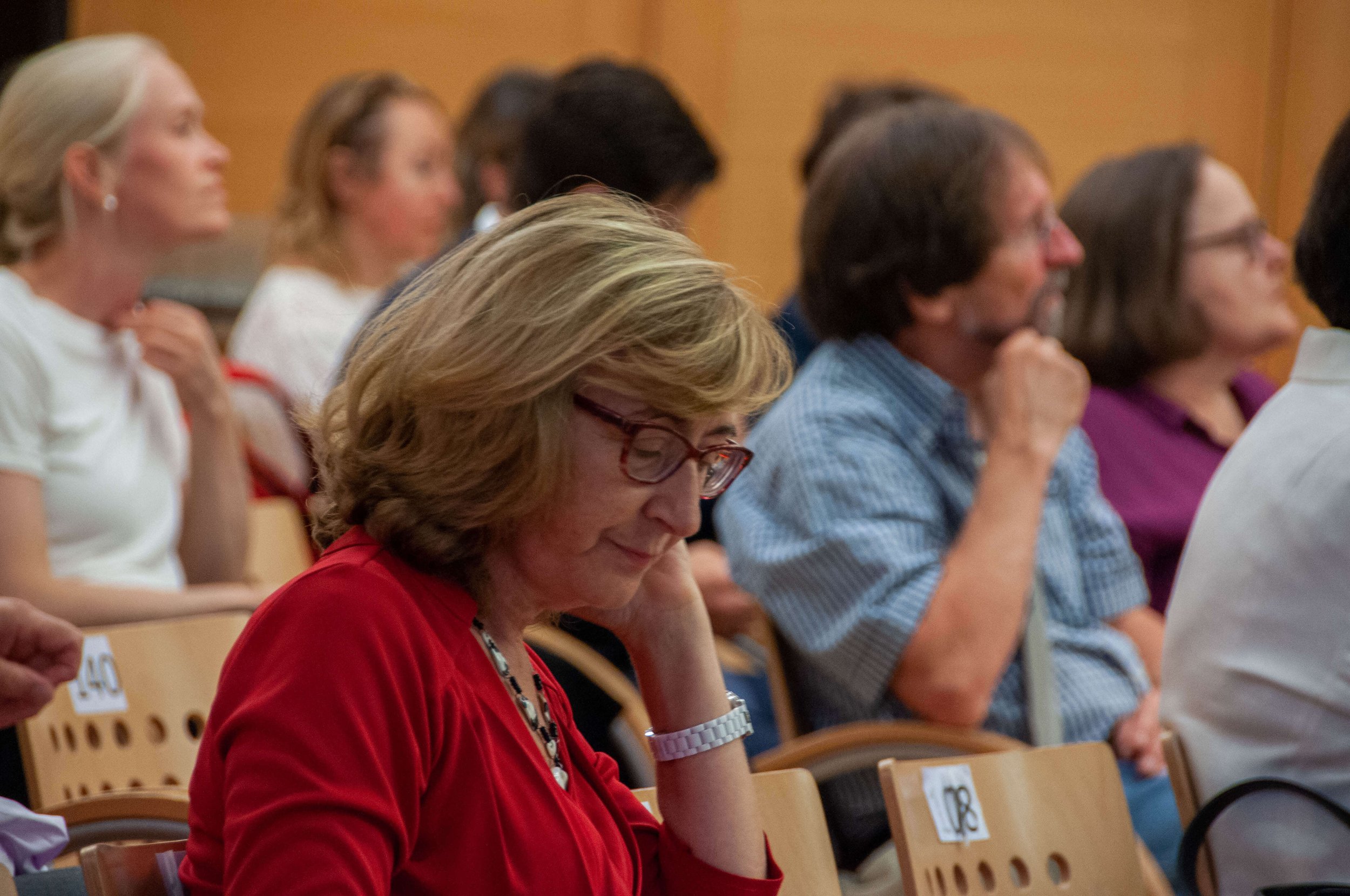
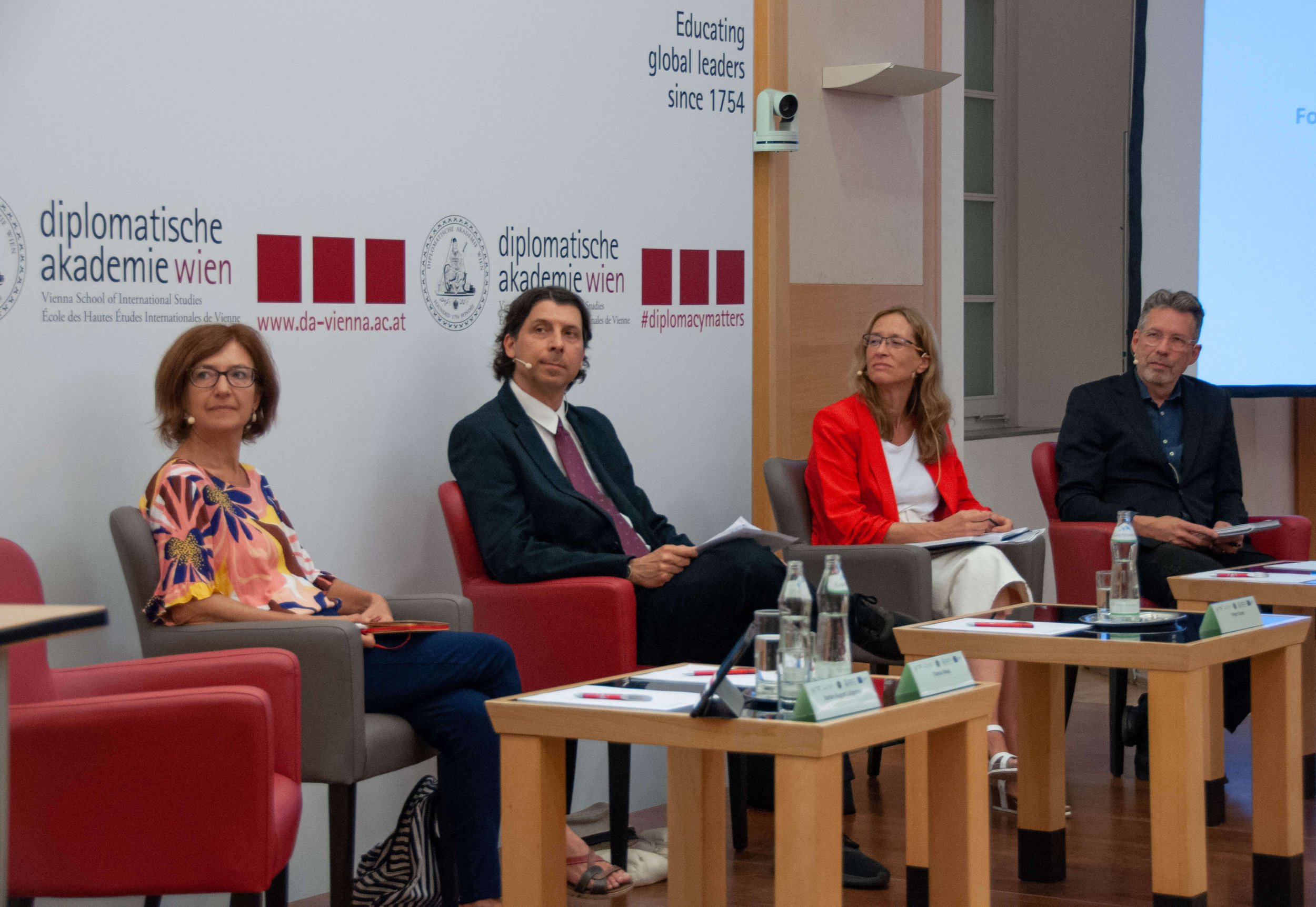
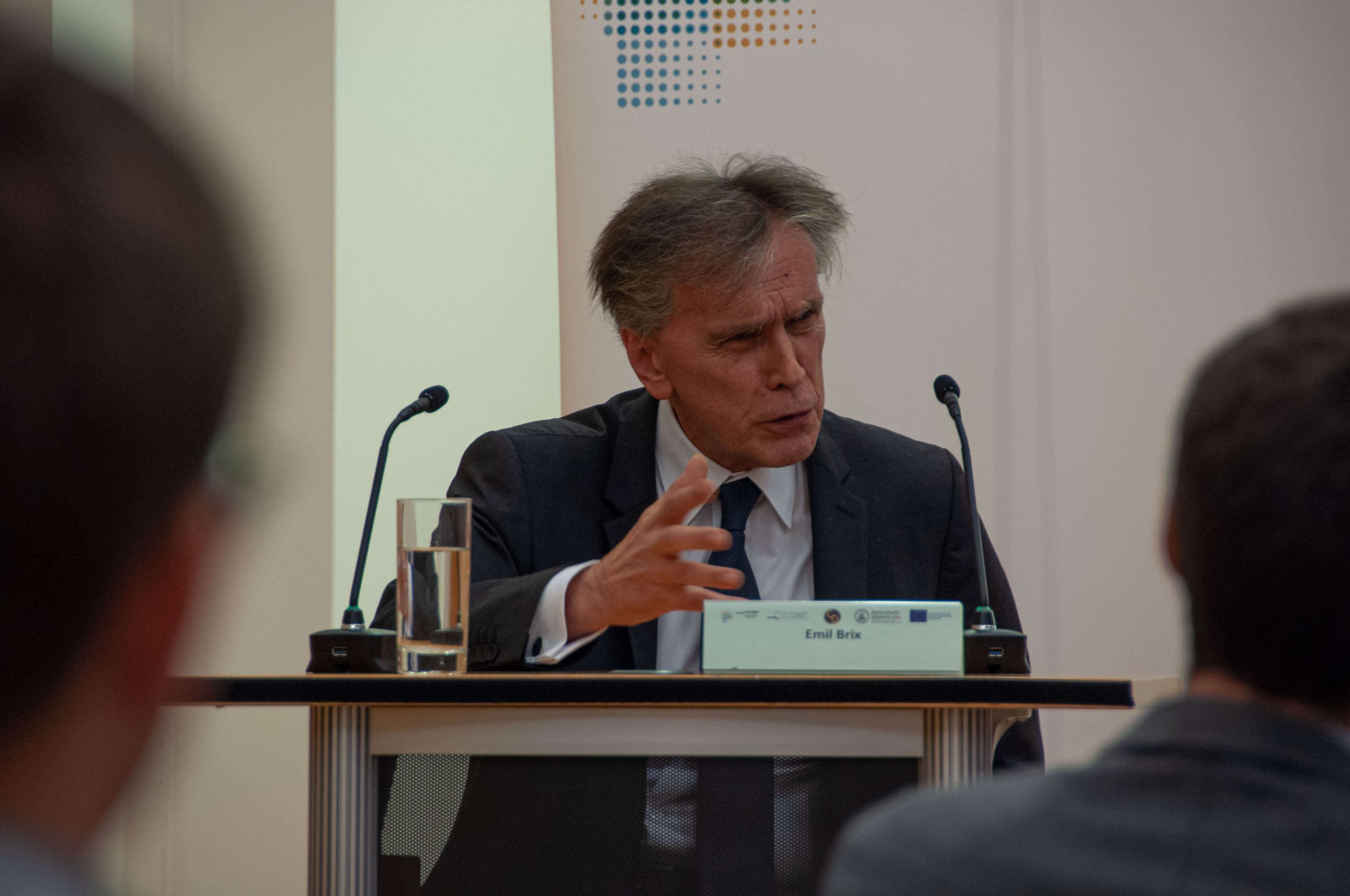
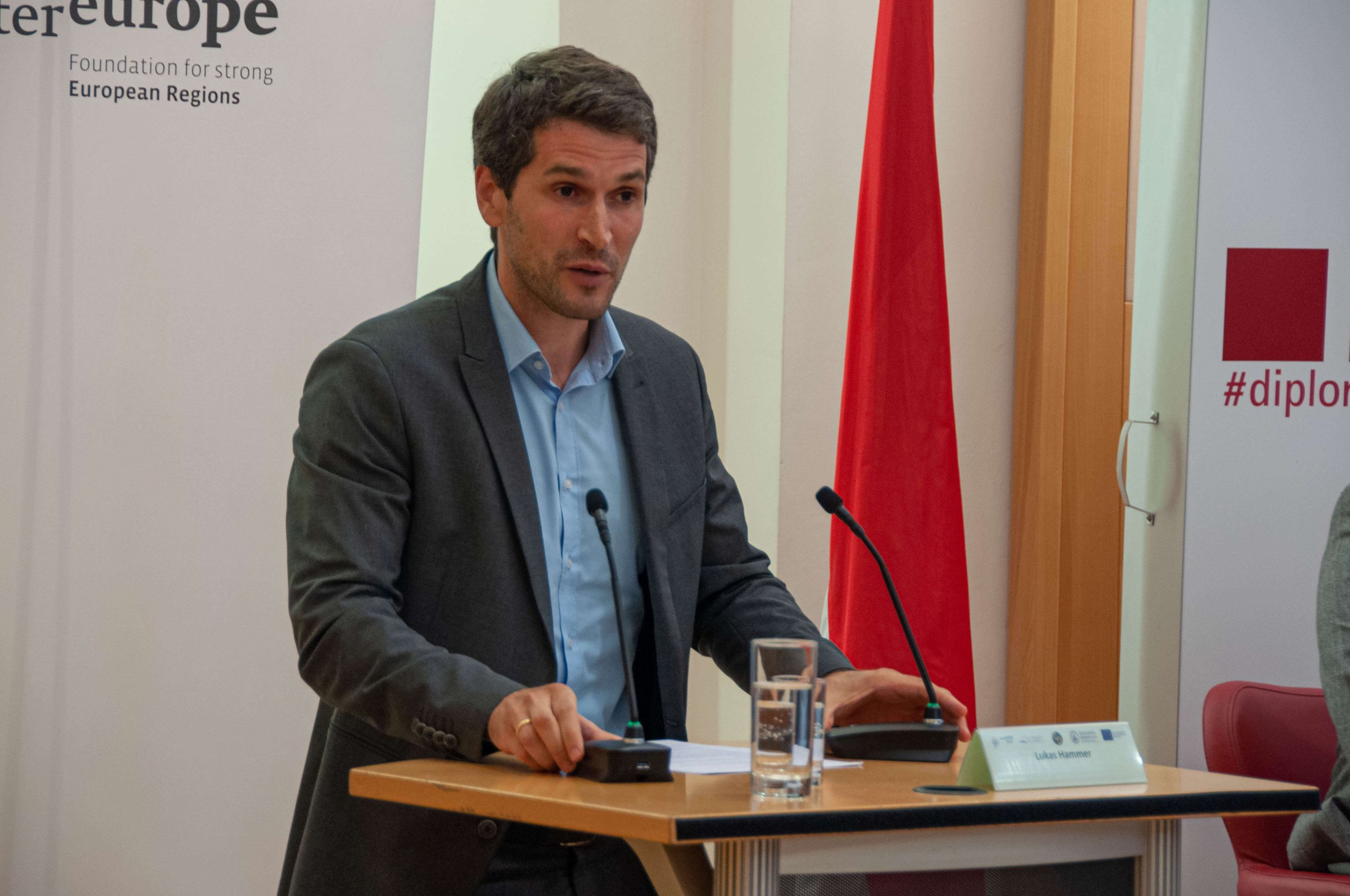
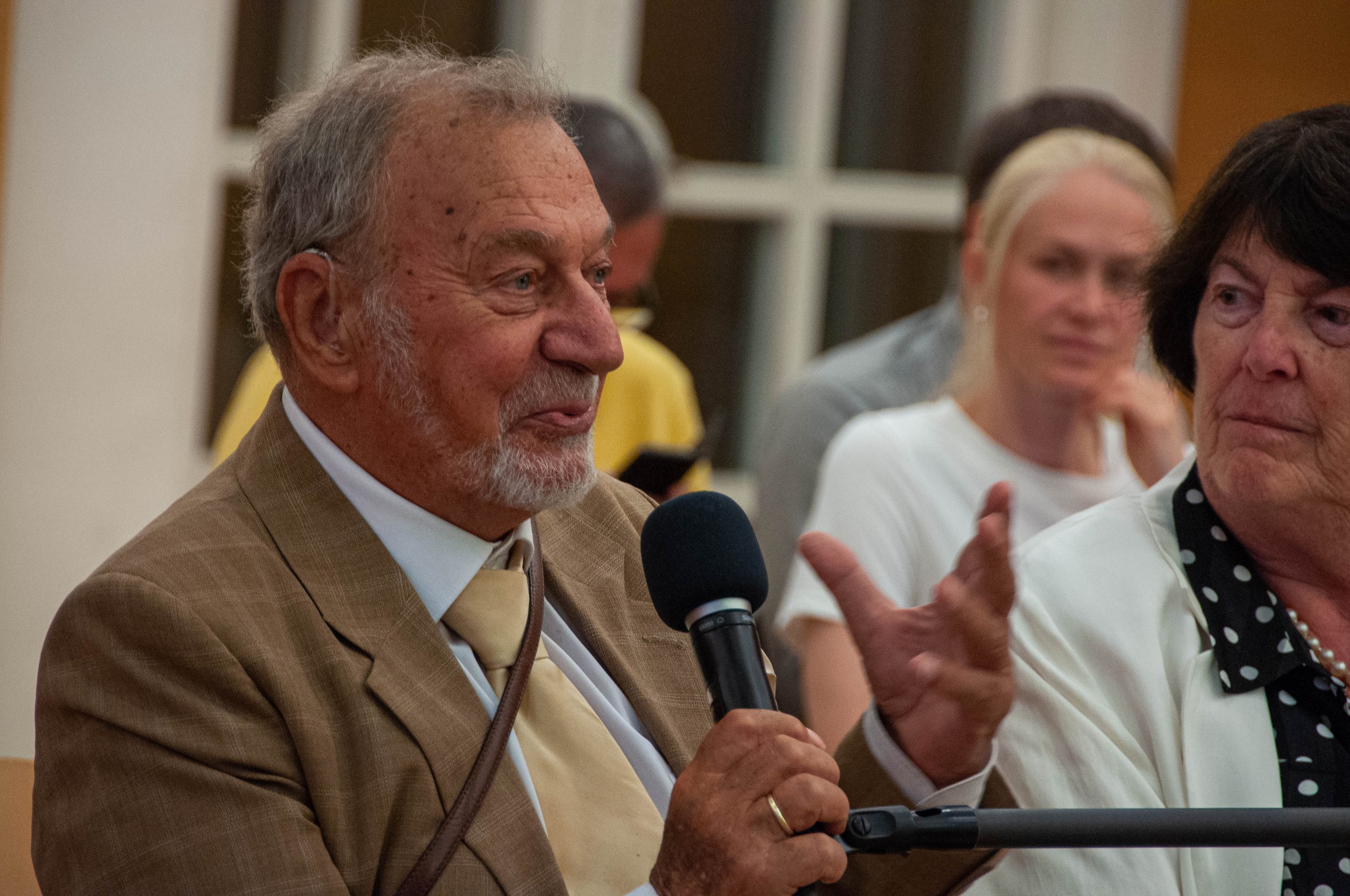
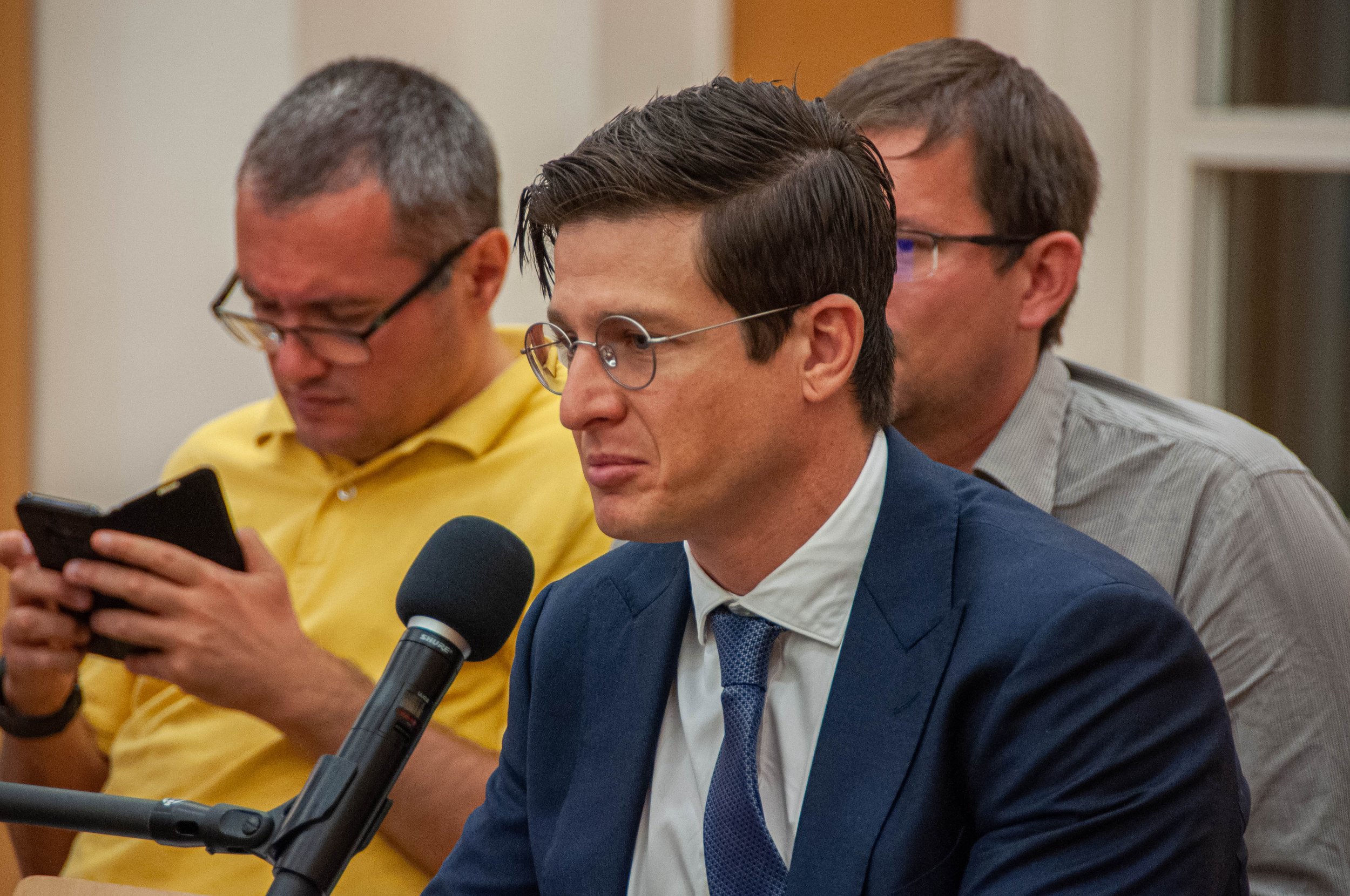
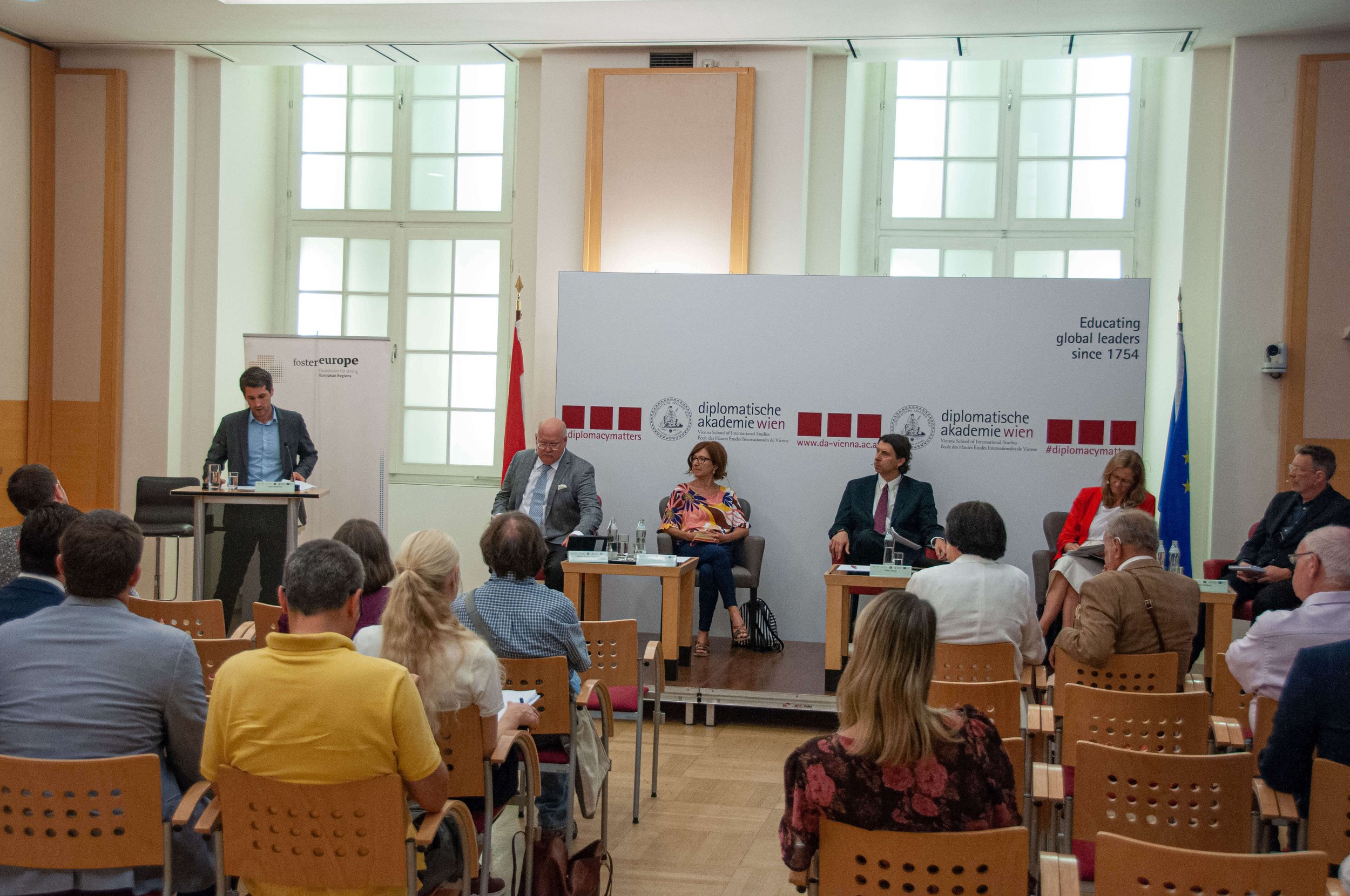
Foster Europe Foundation in cooperation with the EU-funded COST Action Constitution-making and deliberative democracy (CA17135) invite you to the Public Round-Table Four Fallacies of Deliberation: The Future of Democracy in Europe
7 September 2022, Ball Room, Diplomatische Akademie Wien-Vienna School of International Studies, Austria. Deliberative Democracy is increasingly being attributed a positive role in the reform of European democracies and the democracy of the European Union. Over the past decade, we have gained quite a number of practical experiences in Europe on the national level as well as on the EU level. In addition, we are seeing the result of a longer constitutional process in Chile these days. While Deliberative Democracy practices have quite a potential to revive democracies, there are at the same time some limits. The Public Round Table brings together leading European experts in deliberative democracy, debating the limits and potentials of Deliberative Democracy.
Public Round-Table: Four Fallacies of Deliberation: The Future of Democracy in Europe
Sept 07, 2022, 18:30 – 21:00 (CET) Diplomatische Akademie, Vienna, Austria
AGENDA
18:30-18:45: Opening session
Ambassador Dr. Emil Brix, Director, Diplomatische Akademie Wien, Vienna School of International Studies
Keynote: Lukas Hammer, Nationalrat (MP), Austria
18:45-21:00: Four Fallacies of Deliberation
MODERATOR: Stefan August Lütgenau, Foster Europe Foundation for strong European Regions, Austria
1) The Ordinary is the Superior - On the mistake to suggest a decision made by “ordinary citizens” is the better decision. Jón Ólafsson, University of Iceland, Iceland
2) Participation is the Opposite Site of Representation on the Coin of Democracy - On the misinterpretation that representation and deliberation could be excluding or replacing each other in the democratic process rather than being two different forms with different functions in the democratic process. Yanina Welp, Geneva Graduate Institute of International and Development Studies, Switzerland
3) Deliberation solves the Legitimacy Deficit per se - On the misperception that a deliberative process per se has a higher legitimacy, what forgets that legitimacy is built in concrete context and not achieved as an external assessment, just by the quality of a given procedure. Elena García Guitián, Universidad Autónoma de Madrid, Spain
4) Deliberation is in any Case Democratic - A major risk comes when observing that there are growing forms of deliberation implemented in hybrid and authoritarian environments that can play a role in legitimating non-democratic regimes. Peter Stone, Trinity College, Ireland
To download the agenda, please click here.
Registration is closed.
Live stream will available at this link.
Should you require more information on the organization, please contact communication representatives at Foster Europe (office@foster-europe.org).
We look forward to welcoming you to Vienna!
